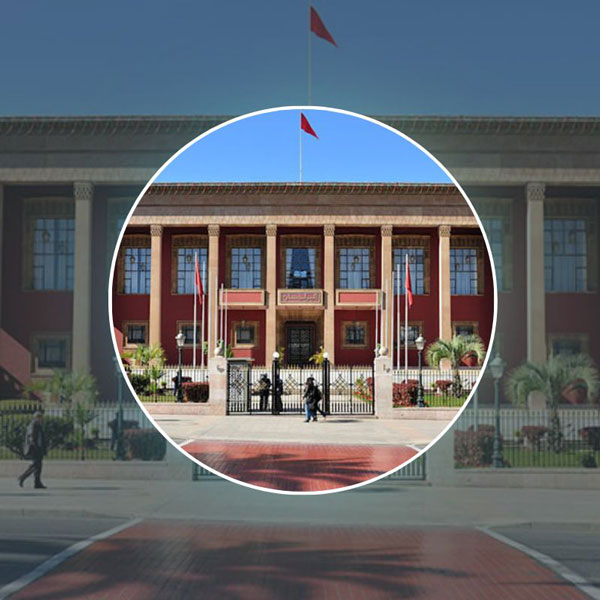
People of Rabat: A Different Moroccan Hospitality and Culture
The Capital With a Quiet Pride
Rabat is Morocco’s sophisticated capital—clean, elegant, and often overshadowed by flashier destinations like Marrakech or Fez. But beyond the monuments and ministries lies a city with a very unique social character. Many travelers notice that the people of Rabat seem more reserved, proud, and sometimes even distant. But is that really the case?
Let’s explore the culture of Rabat’s people and why they’re often seen as “different” from the rest of Morocco.
People of Rabat’s Characteristics
1. The Capital Effect: Where Business and Politics Meet
As Morocco’s political and administrative hub, Rabat is home to government offices, embassies, universities, and international organizations. This gives the city a formal, fast-paced, and career-oriented energy that sets it apart.
Most locals work in sectors like education, diplomacy, and civil service. That structured lifestyle translates into a more serious, time-conscious, and private demeanor—less about spontaneous street conversations and more about appointments, deadlines, and routines.

2. Educated and Worldly: A City of Thinkers
Rabat’s population is among the most highly educated in Morocco. With institutions like Mohammed V University and the National Library of the Kingdom, the city attracts students, scholars, and professionals.
This education and exposure to international cultures often make Rabatis well-spoken, multilingual, and globally aware. They tend to carry themselves with pride, not arrogance, but a sense of dignity in their identity and accomplishments.
Mohammed Aziz Lahbabi (محمد عزيز لحبابي)
-
Who: A philosopher, novelist, and professor born in Rabat in 1922.
-
Contributions: Lahbabi was a pioneer in Arab existential philosophy and is best known for his works on personalism and humanism in Islamic thought. He sought to bridge traditional Islamic values with modern philosophical frameworks.
-
Notable Works: “The Individual and His Destiny in the Arab Thought” and novels like “The Elixir of Life” (elixirs of human struggle).
Mohammed Hajji (محمد حجي)
-
Who: A historian and scholar, born in Salé (neighboring Rabat) in 1923 and deeply associated with Rabat’s academic and intellectual scene.
-
Contributions: Hajji specialized in Islamic history and Moroccan heritage. His works focused on the cultural and historical identity of Morocco, and he contributed significantly to preserving and documenting Moroccan manuscripts and traditions.
-
Notable Works: “Al-Mu’jam al-Mufassal li-Asmā’ al-Mu’allifin al-Maghariba” (Detailed Dictionary of Moroccan Authors).
Plan Your Next Family Adventure in Rabat
From sandy beaches to storybook Kasbahs and lush gardens, Rabat is the perfect destination for unforgettable family memories. Whether you’re seeking fun, relaxation, or cultural discovery, Morocco’s capital has it all. Don’t wait—start planning your family getaway to Rabat today and let the adventure begin!
Discover the best family vacation spots in Rabat, your perfect Moroccan escape awaits!
3. Social Circles: Reserved, Not Rude
Moroccan hospitality is legendary, but in Rabat, it’s expressed differently. While people in smaller towns may welcome you into their homes at first sight, Rabatis tend to be more private and selective in their social interactions.
This doesn’t mean they’re unfriendly. Instead, friendships and trust in Rabat are built slowly, often around shared intellectual interests or professional collaboration. Locals may not greet you with the same exuberance as in the south, but once a bond is formed, the warmth is genuine.
4. City Rhythm: Busy, Structured Lives
Rabat is often described as a city with a European vibe. Streets are clean, traffic is relatively orderly, and people stick to schedules. Unlike the hustle and noise of Casablanca or the laid-back feel of Essaouira, Rabat moves with calm discipline.
You’ll notice people rushing between offices, chatting over espresso in quiet cafés, or reading books in parks. It’s a lifestyle of quiet ambition rather than loud celebration.
5. Behind the Formality: Art, Culture, and Expression
Beneath its reserved surface, Rabat is a city full of creativity. From the Mawazine music festival to art galleries and jazz concerts in ancient ruins, locals express themselves with style and sophistication.
There’s an urban coolness here—subtle, refined, and intellectual. The people may not dance in the streets every night, but they value culture deeply and express it in more curated, thoughtful ways.
Final Thoughts: Don’t Mistake Politeness for Distance
If you come to Rabat expecting the same warm, hands-on hospitality you find in rural villages or the southern medinas, you might feel a bit surprised. But give the city—and its people—time. The warmth is there, just more polished and patient.
Whether you’re sipping mint tea in the Kasbah of the Udayas, attending a concert at the Mohammed VI Museum, or striking up a conversation with a professor in a café, you’ll discover that Rabatis are proud, cultured, and full of depth—a different, but equally beautiful side of Moroccan identity.
